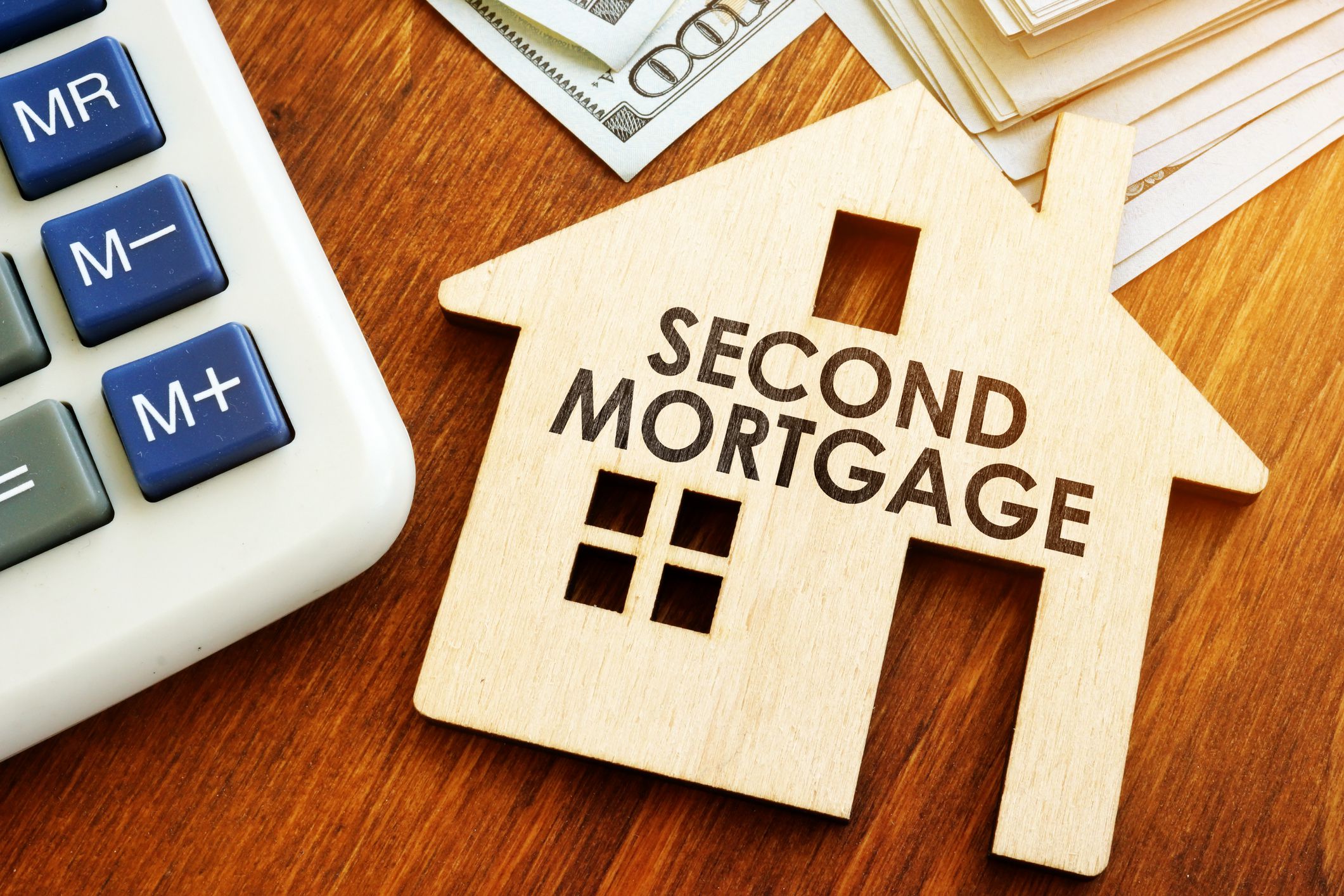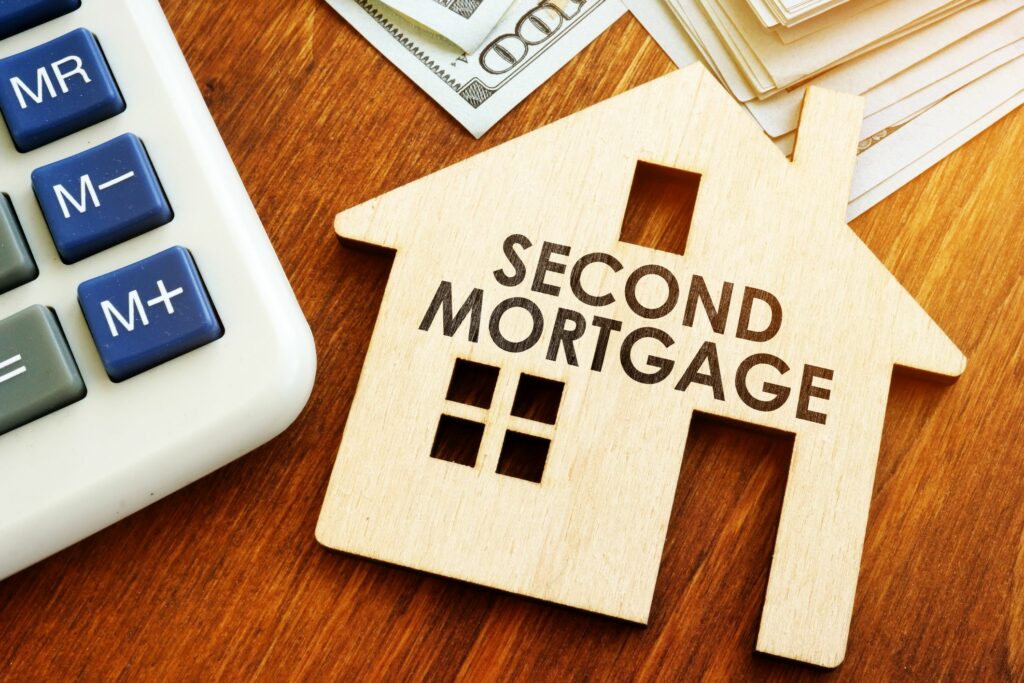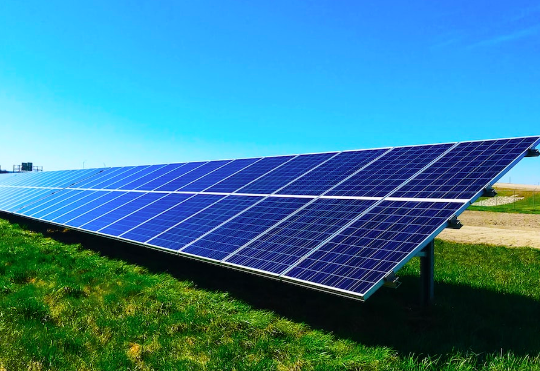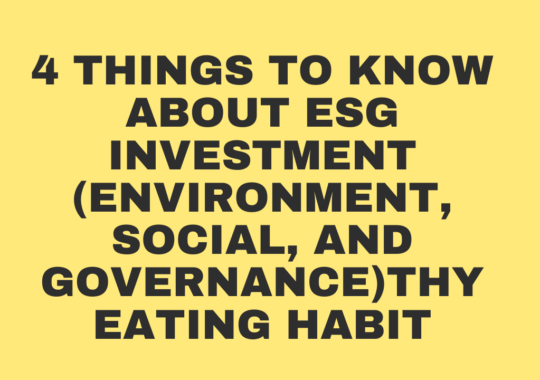You’ve already started paying off your loan. So why do you need a second mortgage? In the case of a traditional second mortgage through a bank or mortgage lender, it is true that you might not be able to afford it, or it may not even be an option for you.
In contrast, a private money lender may be able to offer you a second mortgage to pay off high-interest debts or expand your business, which would not impact your credit score in the least. Second mortgages based on traditional terms have the same impact on your credit report as first mortgages.
Check out this article to learn about second mortgages, what they are, and how a private money lender can help you.
What Is a Private Second Mortgage?
Private second mortgage are subordinate mortgages made during the term of an initial mortgage. In the event of default, the original mortgage would receive all proceeds of the liquidation of the property until it has been paid off in full.
In addition to the interest rate being higher, the amount borrowed will generally be lower since the second mortgage only receives repayments after the first one has been repaid.
How to Structure Your Private Mortgage?
Documentation is essential for any loan. There are fewer surprises when everything is spelled out in writing in a loan agreement. The details of what you discussed may be forgotten years later, but a written document will explain everything.
The documentation of a private mortgage not only keeps your relationship intact, but also protects the parties involved. Be sure that every detail of your agreement is included, starting with:
- How often do payments need to be made (monthly, quarterly, first of the month), and is there a grace period?
- When and where are payments to be made? Will electronic payments be accepted?
- Is there a penalty associated with prepayment by the borrower?
- What security is provided for the loan?
- How can the lender enforce payment? Does the lender have the right to charge fees, notify credit bureaus, or foreclose on the home?
- Whether a lender is on good terms with a borrower or not, it is wise for him to secure his interest. If something goes wrong with the property, the lender can foreclose on it and get their money back.
Creditors can seize the borrower’s home or force the borrower to use the value of the home to satisfy a debt if the property is held in the borrower’s name alone without a properly filed lien.
What is the best way to locate private mortgage lenders?
In addition to asking friends and family, you can also network with real estate professionals and investors in your area to find private mortgage lenders. It is possible to find investors who are open to unconventional loans.
What are the requirements for private mortgage insurance?
When there is less than 20% equity in a home, a buyer is usually required to buy private mortgage insurance. If a lender wants to impose insurance requirements, it is entirely up to them.
What is the regulatory body for private mortgage lenders?
The government doesn’t have a specific agency that oversees private entities that lend money. A lawyer can advise you if you have a legal issue.

Krishna Murthy is the senior publisher at Trickyfinance. Krishna Murthy was one of the brilliant students during his college days. He completed his education in MBA (Master of Business Administration), and he is currently managing the all workload for sharing the best banking information over the internet. The main purpose of starting Tricky Finance is to provide all the precious information related to businesses and the banks to his readers.





